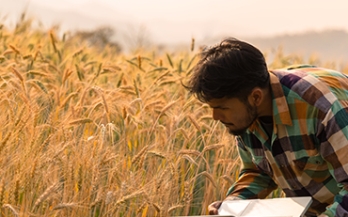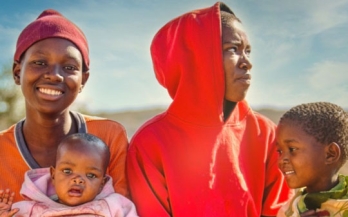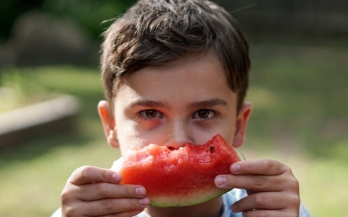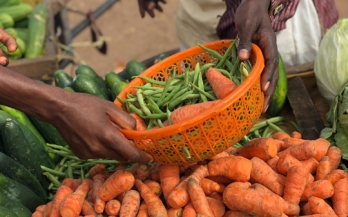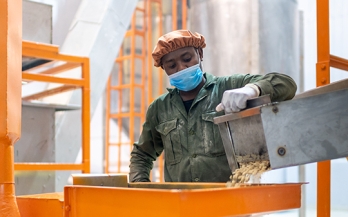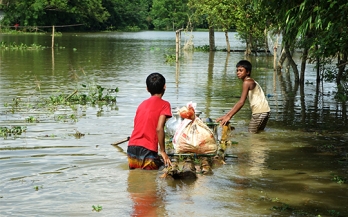Read our first in the series on The Food Crisis: What's Happening, a collection of work on the current events and the impact we're seeing on a global scale. The Food Crisis is affecting everyone socially, economically and nutritionally. Jamie Morrison speaks about what areas need more attention and what actions need to be taken now.
We at GAIN certainly believe data for food systems are important generally and for our own work and we invest in it. There are four recent reports that we have contributed to that I would like to draw your attention to.
Research published today in Lancet Global Health indicates that 1 in 2 preschool-aged children and 2 in 3 women of reproductive age worldwide are affected by vitamin and mineral deficiencies (often referred to as "hidden hunger").
1 in 2 people reading this article are likely experiencing hidden hunger, in other words a lack of essential vitamins and minerals. That matters because these "micronutrients" are the micro drivers of functions such as our immune systems which keep us safe and healthy.
Food choice is complex. It involves psychological factors (like mood and preferences), sociocultural ones (like traditions and taboos), sensory appeal (like taste), health perceptions, ethical concerns (like animal welfare), social interactions (like peer influences), and socio-demographic aspects (like education).
In a recent report, Overcoming Multistakeholder Partnership Financing Hurdles to Accelerate the SDGs, the World Resources Institute (WRI) and partners discuss the funding challenges and lessons learned of commercially driven multi-stakeholder partnerships and share some recommendations on how to effectively drive positive impact on the Sustainable Development Goals (SDGs).
So how are small- and medium-sized enterprises (SMEs) – which make up the bulk of the food system in low- and middle-income countries – coping with these challenges? A recent online survey by the Scaling Up Nutrition (SUN) Business Network aimed to answer this question.
GAIN is launching a short animated video, packed with key facts and information about large scale food fortification. It is a great tool for advocacy and education in countries where increasing access to fortified foods is on the agenda.
Climate change is already wreaking havoc with food systems, undermining food security and nutrition for millions of people. Few countries will be affected more seriously than Bangladesh.
For International Youth Day 2022 GAIN spoke to Joyce Akpata, Head of Policy and Advocacy at GAIN Nigeria and Azeez Salawu, one of 30 youth leaders leading the global campaign Act4Food Act4Change representing Nigeria.
